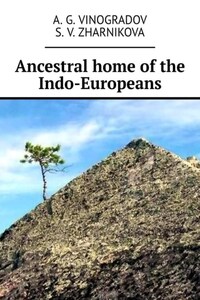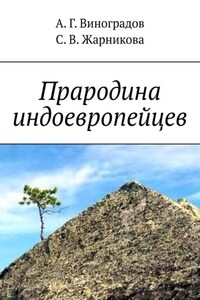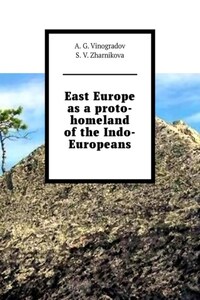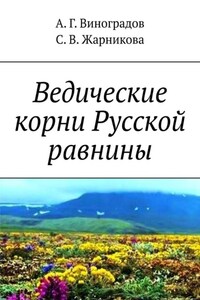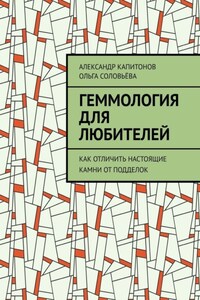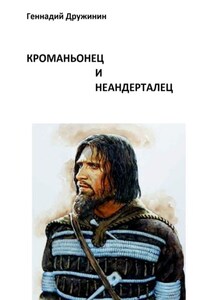Translator Алексей Германович Виноградов
Illustrator Алексей Германович Виноградов
© A. G. Vinogradov, 2025
© S. V. Zharnikova, 2025
© Алексей Германович Виноградов, translation, 2025
© Алексей Германович Виноградов, illustrations, 2025
ISBN 978-5-0065-4503-8
Created with Ridero smart publishing system
In the modern world, the urgency of the problems of the ethnic history of the peoples of various regions of our planet is obvious. The growth of ethnic self-awareness, which has been observed everywhere in recent decades, is accompanied by an increase in interest in the historical past of peoples, in the transformations that each of them experienced in the course of its millennia-old formation. It became a spiritual need for a representative of a modern urbanized society to find the roots of his ethnic existence, to understand the diverse processes that led to the formation of that ethnocultural environment through which he perceives the world around him.
Since the origin and historical existence of the overwhelming majority of the peoples of our planet was associated with numerous migrations, movements to new habitats, causing changes in a number of cultural factors both among the alien people and the indigenous population, today, studying the ethnic history and culture of their people, we, of course, study them in the process of historical transformations and mutual influences of many tribes and peoples, which to one degree or another took part in their formation. Regional ethno-historical research in our time is becoming especially acute, since it is knowledge of the history of one’s own people that helps a modern person to free himself from the narrowness of the nationalist view of the world, to understand the role and significance of the contribution to the common treasury of human culture of all peoples, to realize that humanity is one.
Of course, it is impossible to solve the most difficult issues of ethnic history today without involving data from the most diverse fields of science. It is necessary to combine the efforts of ethnographers, historians, archeologists, linguists, folklorists, anthropologists, art historians, as well as paleobotanists, paleozoologists, paleoclimatologists and geomorphologists, since the development and formation of peoples took place in certain climatic zones, in certain landscapes, with a certain flora and fauna, and this must be taken into account.
Only if the questions posed by ethnic history will be given mutually supportive answers by all of the above branches of science, we can, with a certain amount of confidence, believe that we are close to a true understanding of a particular stage of the historical process. Therefore, at present, the search for an answer to any of the questions of the ethnic history of peoples cannot be considered legitimate without involving data from related sciences.
Viktor von Hen responded very interestingly in 1890 about Russian culture: «Russia is a country of eternal change and completely non-conservative, and a country of ultra-conservative customs, where historical times live, and does not part with rituals and representations, no matter how related. The modern culture here is an external gloss, it develops in a wave-like fashion, generates disgusting phenomena; what the Ancient Tradition has preserved with regard to goods, customs, tools, etc., has been invented solidly, rationally, wisely and skillfully used… They are not a young people, but an old one – like the Chinese. All their mistakes are not youthful flaws, but arise from asthenic exhaustion. They are very old, ancient, conservatively preserved all the oldest and do not refuse it. By their language, their superstition, their disposition, etc. you can study the most ancient times. " («Victor Hen, biography.» 1894.)
